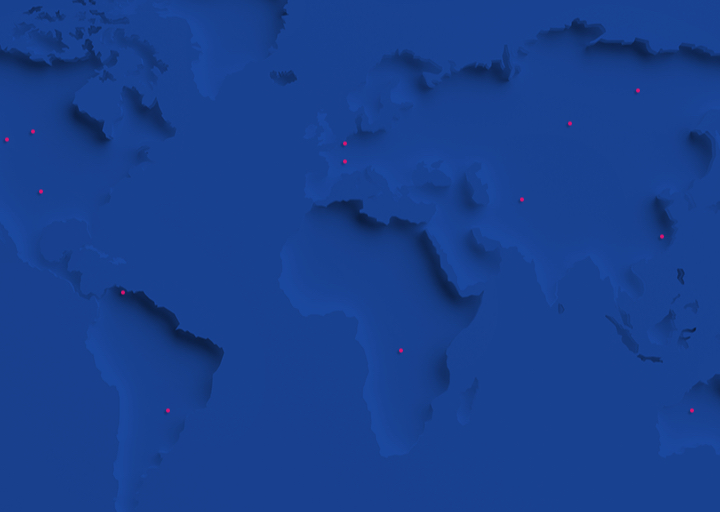Clone of Chobani and Its Preparation for the Future of Food Safety
Chobani is Taking on Future Food Safety
As the largest Greek yogurt brand and the second largest manufacturer in the US, Chobani, LCC strives to provide yogurt products that are natural and have non-GMO ingredients with a customer focus in mind. Since its foundation, Chobani has been forward-thinking when it comes to improvements in food technology. They first designed the Chobani Incubator to improve broken food systems in order to bring food to more people. Furthermore, they founded the Food Tech Residency, with the goal of resolving issues among the food and agriculture value chain. Today, they are at the forefront of implementing new technologies for safety testing for food, sustainability, and customer transparency.
Who is Alejandro Mazzotta?
Dr. Alejandro Mazzotta has worked at Chobani as the Vice President of Global Quality, Food Safety and Regulatory Affairs since 2013. He has held various food safety positions for Campbell Soup Company, McDonald’s, Pillsbury / General Mills and the National Food Processors Association. He was also a former president of the International Association for Food Protection (IAFP) and holds over 25 peer-reviewed publications in scientific journals.
How does Dr. Alejandro Mazzotta embrace the future of food safety?
The future of food safety is extremely important, because production and logistics have to be incorporated into new technologies. These technologies, such as blockchain, inline technology and big data are examples that can improve quality assurance, efficiency and sustainability. Dr. Mazzotta suggests, “Everything that allows us to take actions in real time, and to better understand how processes are going, will help.” However, there is still much more room for improvements to ensure a perfectly smooth automated detection process.
How can blockchain and inline technology improve food safety testing?
As blockchain helps with transparency, this new technology is particularly interesting for the future of food safety. Using blockchain, it’s possible to detect harmful bacteria at earlier stages so that the customer is never affected by receiving an infected product. The product can instead be removed during the production process. Blockchain helps companies with collecting this data so that their processes can be optimized. However, a big challenge is that data can be interpreted in many ways, so it’s important for “transparency” in that the results of this data aren’t shown improperly.
“Inline technology is definitely the future of the Food Safety Laboratory,” suggests Dr. Mozzatta. Many experts have theorized that food safety laboratories will be replaced with inline technology, meaning creating safeguards that function during production so that testing for pathogens in food later on isn’t required. Through the use of results from big data, this would increase the efficiency of general food production, as well as help prevent food safety accidents, spoilage or allergen issues. Nevertheless, there is still a long road ahead before this automated detection process is working perfectly.
What challenges does Dr. Alejandro Mazzotta express for the future of food safety?
Though these technologies can have a positive impact on food safety, there are still some challenges. The first is that new employees have a completely different set of skills to master than in the past. Not only do they need to understand the science behind food safety, but also know math, statistics and even coding. Along with these IT skills arises the issue of reading this data appropriately. Data has many ways of being interpreted so it is important that the whole testing process for food follows up on its promise of transparency. There will still need to be many advancements across all of these technologies before they are completely optimized. One final challenge is the environment and sustainability. It’s becoming increasingly important that companies focus on “how to bring brands and consumers together,” and take into account these two topics from the beginning.
It’s in the optimization that you get efficiency, productivity and sustainability
Technologies like blockchain and inline technology are predicted to automate food safety
Big data can help increase the efficiency of the entire food production process
BioMérieux’s stance on the future of food safety
With its deep roots and leadership in microbiology testing, bioMérieux has continuously brought innovation to this diagnostic discipline with research and development efforts focusing on enhancing laboratory automation. This reduces the time to produce results, as well as develop new capabilities in NGS and data science.


